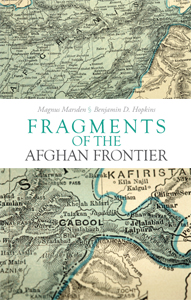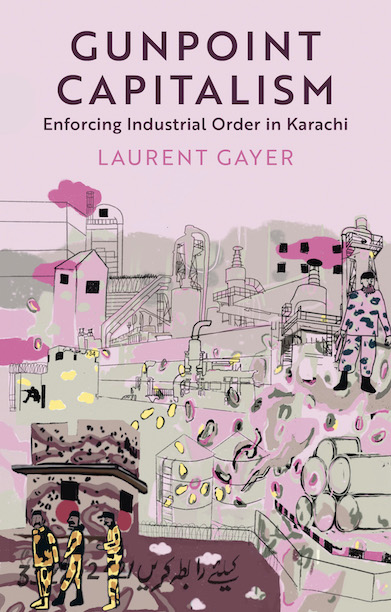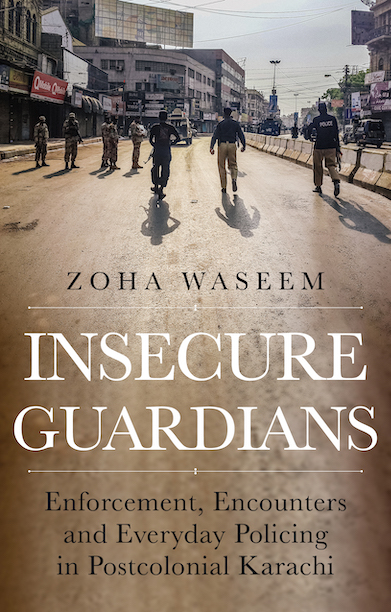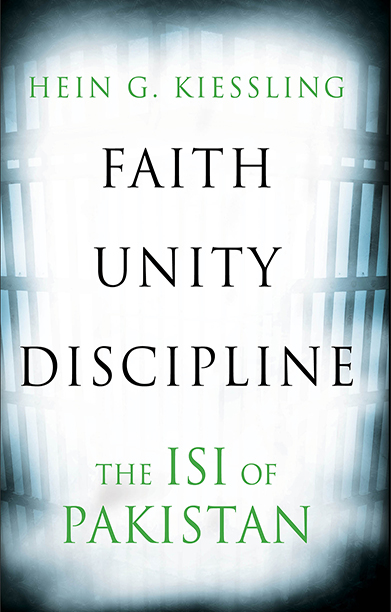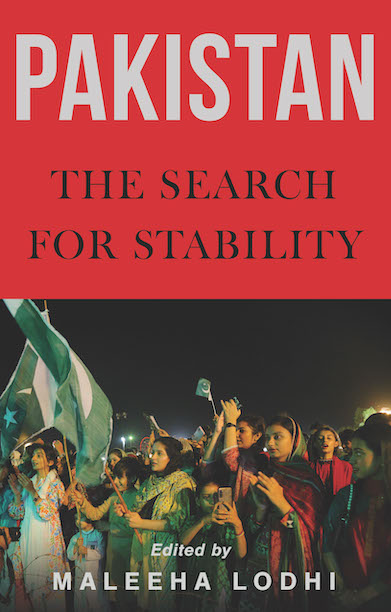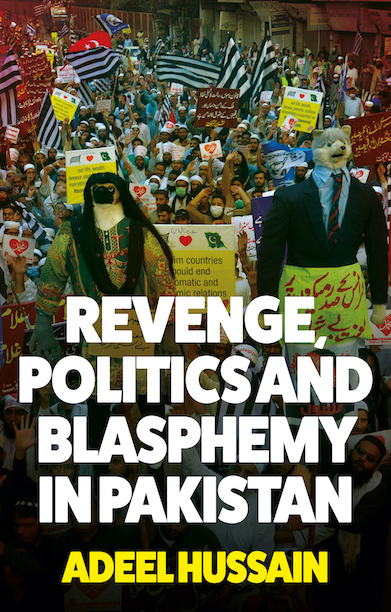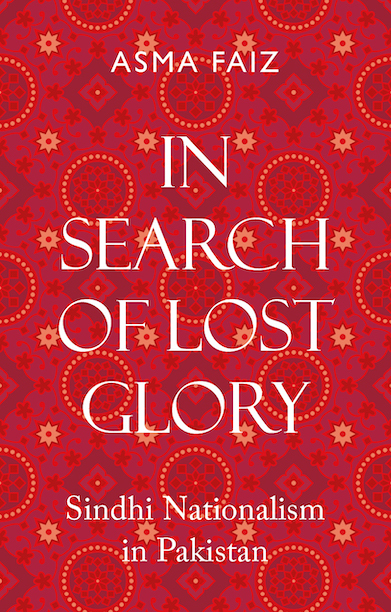Description
Despite the long and intimate history of engagement along the border between Afghanistan and Pakistan’s North-West, this area and its relationship to the world remains poorly understood in the West’s popular imagination. Through the construction of a collage of historical narratives and intense ethnographic encounters, Marsden and Hopkins argue that the simplistic stereotypes and tropes that all too often masquerade as knowledge about the Frontier not only conceal a more complex reality, but are also a source of the problems that local and international actors alike face there. Not some simple isolated depot of radical terrorists or instrumental tribesmen, the Frontier is a space of richly textured meaning, constructed through a history of movement of its inhabitants and their understanding of the world beyond. Fragments of the Afghan Frontier offers a corrective to simplistic understanding both of the region’s history and its current realities, leaving the reader with a deeper understanding of the ever-evolving complexity of this globally significant region.
Reviews
‘Fragments of the Afghan Frontier should stand as a fundamental text for students of Afghan history, as well South and Central Asia. It is also a major contribution to studies of frontiers and borders in general. But maybe more important, this book should be standard reading for the policymakers who still view the frontier as a homogenous, singular space inhabited by tribesmen and religious fanatics, too easily, and wrongfully, identified as the embodiment of the Afghan frontier.’ — Professor James Bradford, Northeastern University, in H-War Reviews
‘If you think you know the Pakistan/Afghan frontier, think again. This innovative collaboration between an historian and an anthropologist has produced a remarkable and readable book that sheds new light on the dynamics of the region. It will be a standard text for a very long time to come.’ — Charles Lindholm, University Professor of Anthropology, University of Boston, and author of Generosity and Jealousy: The Swat Pukhtun of Northern Pakistan
‘Fragments of the Afghan Frontier is unique in many respects, particularly in the way it combines the disciplines and methodologies of history and anthropology (archival and ethnographic) in fascinating and unexpected ways. While several recent books have taken the Afghan-Pakistan border as their subject, this one captures a broader historical range (1870 to the present) and a more diverse population than any other recent study. The book is theoretically sophisticated in its understanding of the dynamics of border regions and shines a light on significant events whose historical importance and resonance for present circumstances have been inadequately appreciated, if not altogether ignored.’ — David B. Edwards, Professor of Social Sciences, Williams College
‘The essays in this excellent volume will provide a jolt to those making easy generalisations — too often used to guide policy — that misjudge the sophistication and complexity of the societies of the Afghanistan-Pakistan frontier. The authors couple serious archival research with extensive ethnographic experience, making for a remarkable contribution to a subject of unquestioned importance.’ — Barbara D. Metcalf, author of Islamic Revival in British India: Deoband 1860-1900
‘A useful corrective to anyone who thinks their views are based on reason rather than simple prejudice.’ – Myra MacDonald, Reuters
Author(s)
Magnus Marsden is Professor of Social Anthropology at the University of Sussex and Director of the University of Sussex Asia Centre. He has spent fifteen years conducting research in both Afghanistan and Pakistan and, with Benjamin Hopkins, is the author of Fragments of the Afghan Frontier and editor of Beyond Swat: History, Society and Economy Along the Afghanistan-Pakistan Frontier. His most recent book, Trading Worlds: Afghan Merchants Across Modern Frontiers, was published by Hurst in March 2016.
Benjamin D. Hopkins is an Assistant Professor in History and International Affairs at the George Washington University, Washington DC and a Research Fellow at Corpus Christi College, Cambridge.
